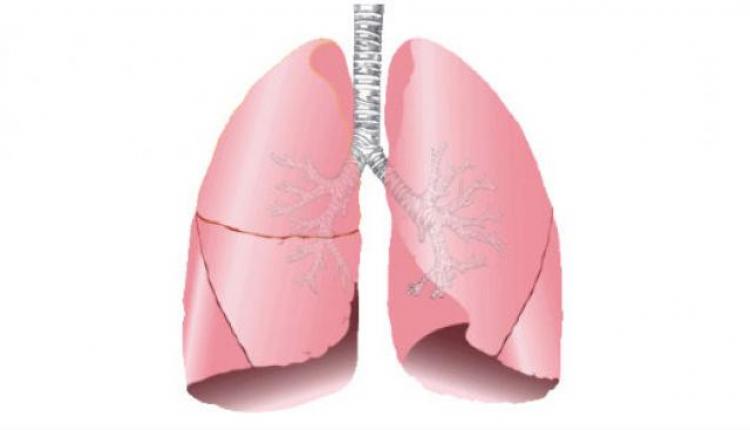Living with Heart Disease

WHAT TO EXPECT AND TIPS FOR STAYING WELL
If you or a loved one has heart disease, your heart isn’t working as well as it should. It may not be getting enough blood, or it isn’t able to pump enough blood through the body.
SIGNS AND SYMPTOMS
Heart disease or heart failure can lead to chest pain (also called angina), irregular heartbeats, increased sweating, shortness of breath, weakness, or dizziness. Or they can trigger a heart attack with symptoms such as chest pain, shortness of breath, vomiting, lightheadedness, or pain that radiates to the back, jaw or arm. These symptoms should never be ignored, especially if you or a loved one has had a heart attack already. Other symptoms, such as sudden weight gain, shortness of breath, extreme fatigue, swelling in legs or abdomen, trouble sleeping, dry cough, or wheezing should also be watched, as these may indicate a heart condition is getting worse.
TREATMENT
The way heart disease is treated depends on its severity and symptoms. Heart disease can’t be cured, but it can be managed. Generally, your doctor will recommend a combination of steps to take, including:
Taking medications to treat high blood pressure, cholesterol, and angina, if necessary.
Following a heart-healthy diet (such as eating less sodium and fat), avoiding or limiting alcohol, and managing your weight.
Adjusting your lifestyle to get more rest, quit smoking, and exercise as recommended by your doctor.
Sometimes surgery is needed to repair a damaged heart, or bypass a blocked artery to increase blood flow to the heart. Recovery after heart surgery requires medical supervision in order to prevent complications.
STAYING WELL
By following your doctor’s treatment plan, you may be able to keep heart disease from getting worse . Once you start treatment, your doctor will want to see you regularly. If you are having trouble with lifestyle changes, he or she will help you find ways to stick with them. Your doctor will also check to see how well these changes and your medications are controlling your heart disease. If you’ve had a heart attack, your doctor may recommend a cardiac rehabilitation program, where you can get help you with exercises, stress management, nutritional counseling, and other ways of reducing your risk of future heart problems.


